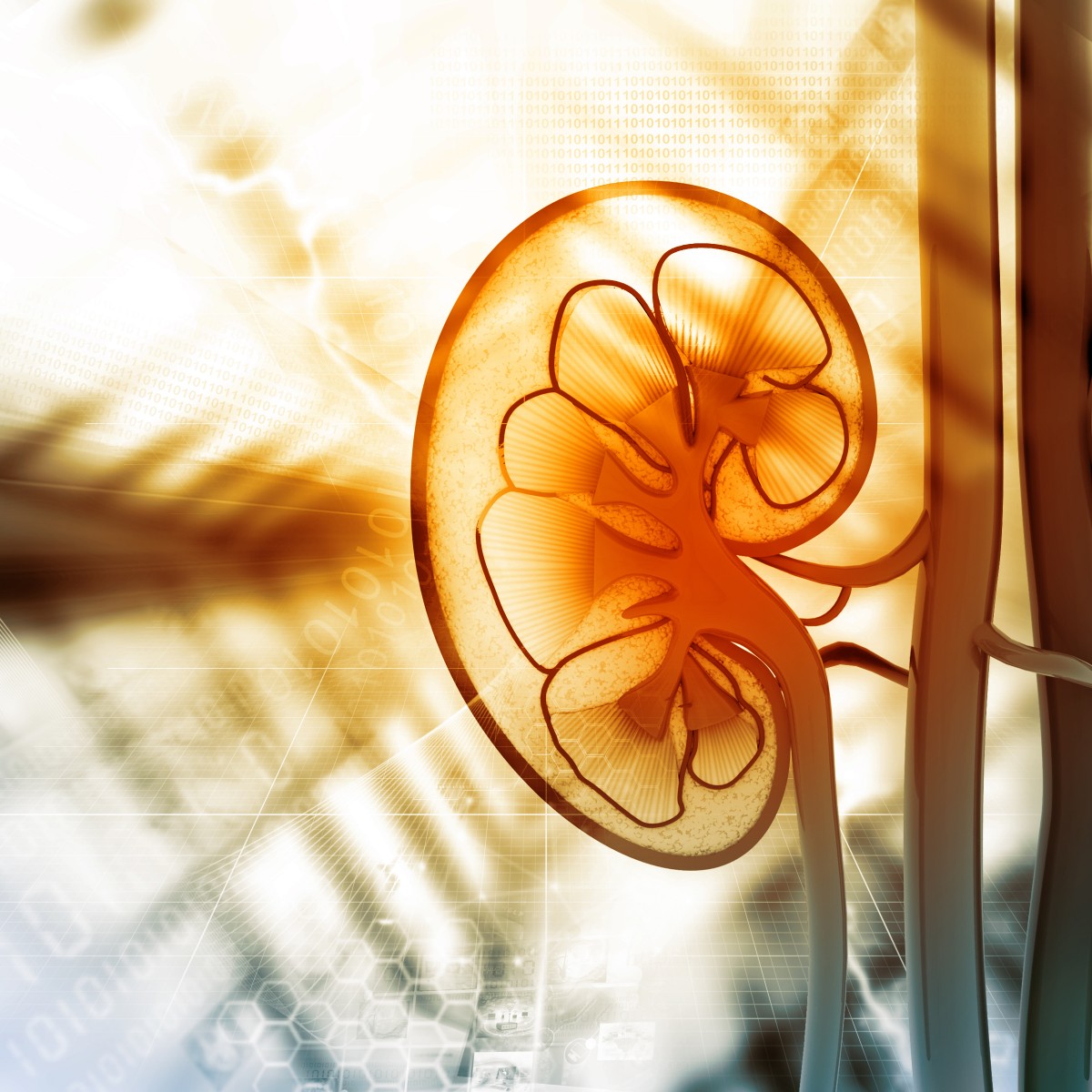Reata Prepares New Path for Therapy in Kidney Disease Caused by Alport Syndrome

Reata Pharmaceuticals has a new clinical plan for the approval of bardoxolone methyl in the treatment of chronic kidney disease (CKD) caused by Alport syndrome.
Last month, the U.S. Food and Drug Administration (FDA) provided guidance to Reata scientists, suggesting that a single pivotal trial with a retained estimated glomerular filtration rate (eGFR) endpoint could serve as the basis to approve bardoxolone methyl to treat Alport.
“We approached the FDA with a design for a Phase 2 study in Alport syndrome. The meeting was very collaborative, and the FDA provided us with guidance on a more efficient path to potential registration conducting a single, pivotal trial,” Reata CEO Warren Huff said in a press release.
“Bardoxolone methyl has a novel mechanism of action that has the potential to address the chronic inflammation and renal function decline that are key features of Alport syndrome,” Huff added. “Our Alport syndrome program will be similar in scope to CATALYST (NCT02657356), our ongoing Phase 3 trial in patients with connective tissue disease associated pulmonary arterial hypertension.”
Bardoxolone methyl is an experimental, once-daily antioxidant inflammation modulator that activates molecular pathways promoting the resolution of inflammation by restoring mitochondrial function, reducing oxidative stress, and inhibiting pro-inflammatory signaling.
The drug candidate binds to the protein Keap1, which activates a transcription factor that promotes normal mitochondrial function, increases production of antioxidant and detoxification enzymes, reduces oxidative stress, and reduces pro-inflammatory signaling.
In a clinical study of patients with CKD caused by Type 2 diabetes, bardoxolone methyl demonstrated improvements in estimated glomerular filtration rate (eGFR) and other markers of renal function, which is positive news.
Reata’s planned global Phase 2/3 clinical trail will study the safety and effectiveness of bardoxolone methyl; researchers will evaluate whether the drug candidate can slow, halt or even reverse renal function decline in Alport patients.
The company will begin enrolling patients ages 12 to 60 with eGFR values between 30 and 90 mL/min/1.73 m2. The eGFR values indicate a mild to severe reduction in normal kidney function.
The open-label Phase 2 part of the trial will evaluate eGFR changes at 12 weeks as its primary endpoint. Patients will be followed for two years and won’t be included in the Phase 3 part of the trial.
The Phase 3 trial will randomize patients equally to either receive bardoxolone methyl or a placebo. Its effectiveness endpoints will be the change from baseline in eGFR in patients who received bardoxolone methyl (in comparison to a placebo) after one year.
According to the guidance provided by the FDA, if the trial is successful, its resulting data could support accelerated approval of bardoxolone methyl.
Reata will begin enrolling patients for the Phase 2 part of the trial in the first half of 2017.







Leave a comment
Fill in the required fields to post. Your email address will not be published.